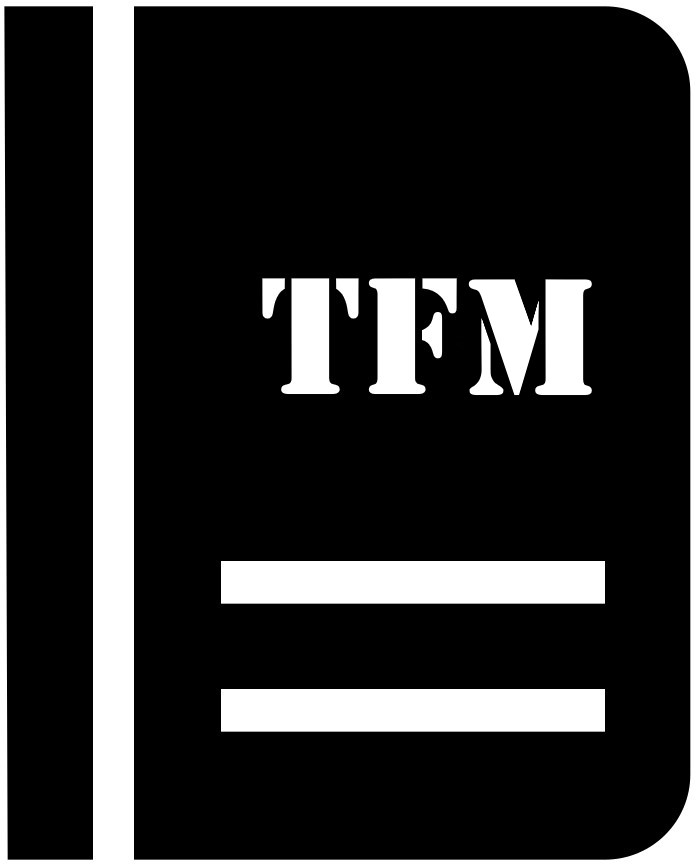|
Author
Prat Castro, Sandra
|
Abstract
Glioblastoma multiforme (GBM) is the most aggressive and common malignant primary brain tumor and is currently considered incurable. Despite the available treatments, the average life expectancy of patients is limited to 15 months 1. The two main obstacles to these therapies consist of the presence of the blood-brain barrier, which restricts access to the peritumoral area, and the existence of glioma stem cells (GSCs), which have chemoresistance and are responsible for tumor relapse. To overcome these obstacles, the development of novel therapies is required. However, one of the main reasons why eradication of GSCs is challenging is because they have low division rates and are thus not affected by traditional anticancer drugs.
In this final master thesis (TFM), we set the basis for the generation of an antibody-drug conjugate (ADC) capable of eliminating GSCs. We aim to combine an antibody derivative targeting CD133, a receptor overexpressed on GSCs, with amanitin, a drug that is capable of killing slowly dividing cells. We aim to site-specifically conjugate amanitin to the antibody derivative via a two-step chemoenzymatic strategy. First, a bicyclononine linker should be ligated to a genetically encoded specific tag in the anti-CD133 antibody derivative. Second, the bicyclononine should be conjugated to amanitin derivatized with an azide-bearing linker via a strain-promoted azide-alkyne cycloaddition. To this end, we have: i. produced the antibody derivative with a peptide sequence substrate for the peptidyl transferase sortase A, ii. produced sortase A and used it to ligate the bicyclononine linker with the antibody derivative, iii. derivatized amanitin with an azide-bearing linker, and iv. attempted to conjugate the azide-amanitin with the bicyclononine-antibody.
|

|



